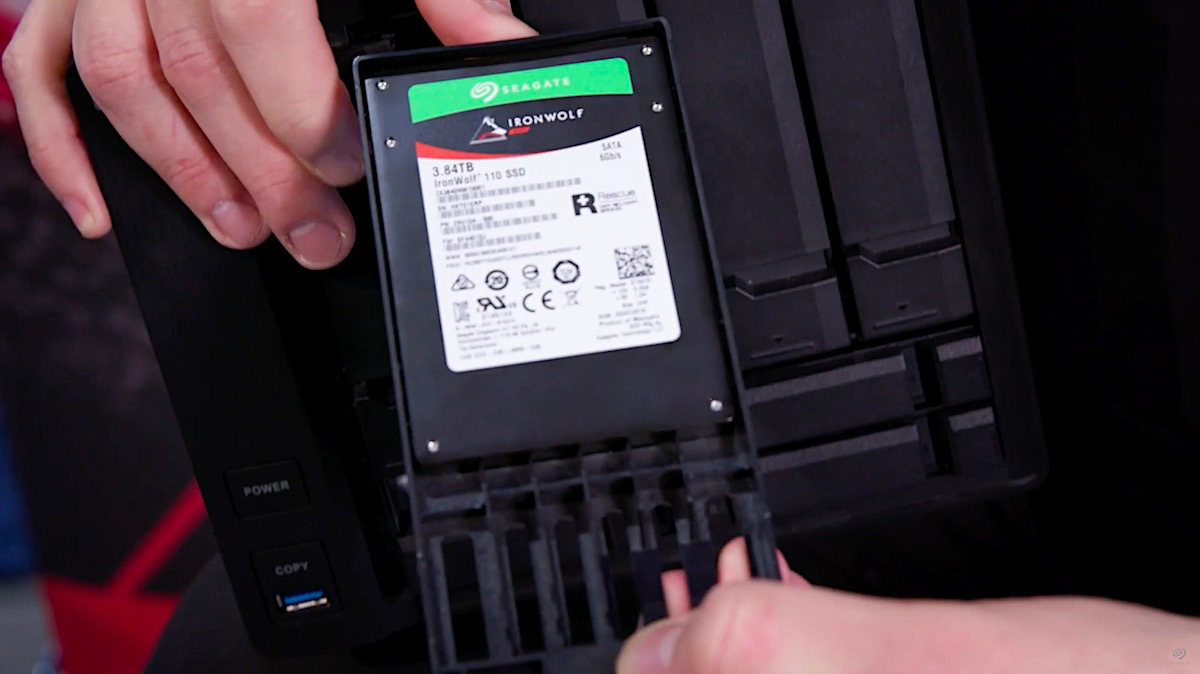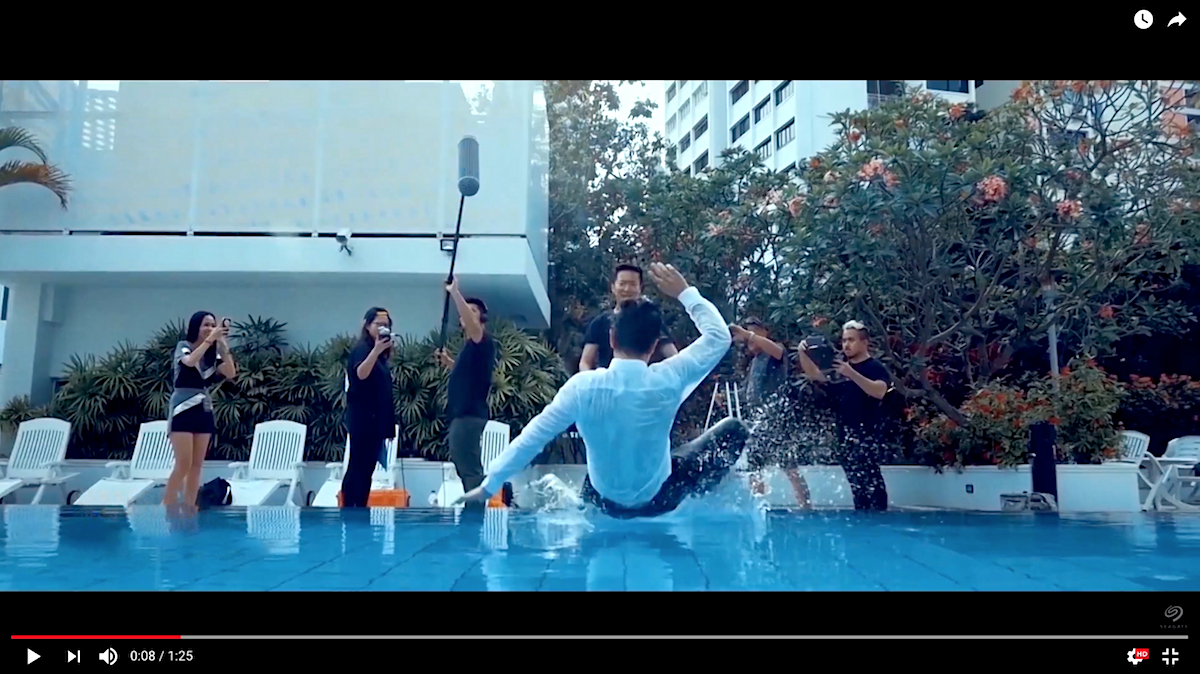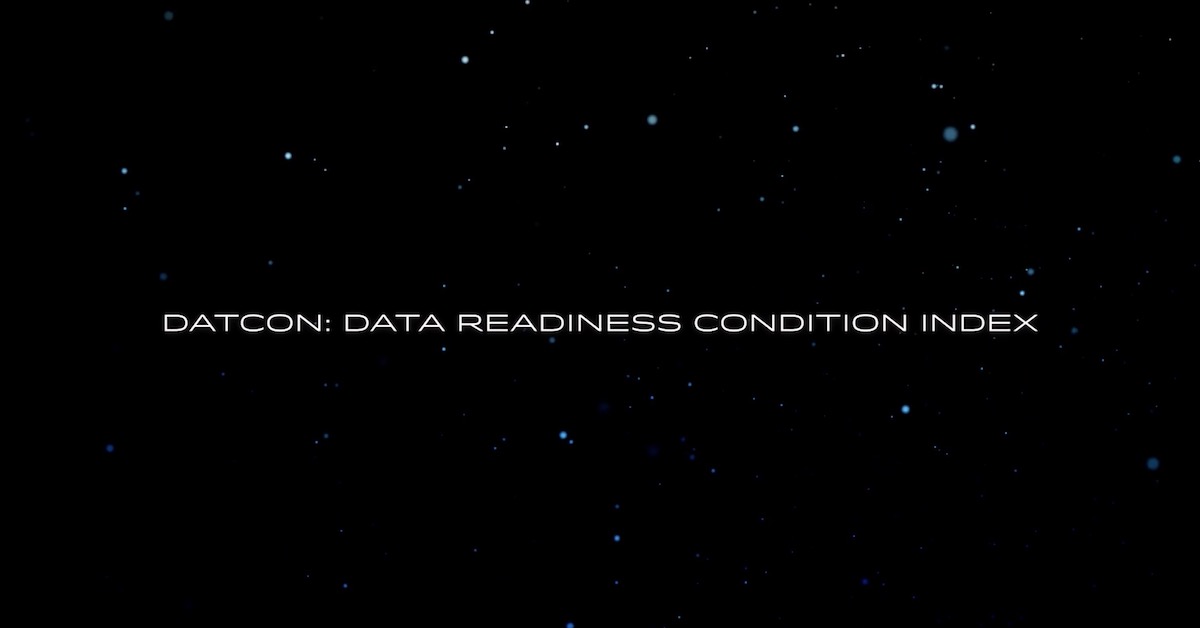 A recent BusinessWeek article shows how Steve Jobs is driving a new level of environmental sensitivity at Apple. It’s happening at all of the major technology brands these days. This is good for us all.
A recent BusinessWeek article shows how Steve Jobs is driving a new level of environmental sensitivity at Apple. It’s happening at all of the major technology brands these days. This is good for us all.
That said, it’s not easy. Changing the material makeup of consumer electronics and other devices has a cascading effect on the supply chain. It often causes severe disruption for suppliers. It can take a long time for them to get “in line”.
Seagate has taken a unique approach both up and down its supply chain to reduce the quantity of toxic substances within its products. The approach has made a huge difference in Seagate’s ability to respond to these important and inevitable changes.
“Tell us everything”
Rather than asking suppliers “How much of (blank) substance is in your component?”, Seagate says, “Tell us everything that is in your component.”
The difference is dramatic. Seagate knows what substances make up 96% of their disk drives. Other companies using the traditional “Don’t Ask, Don’t Tell” model know only about the substances currently being restricted – less than 1% of a disk drive by weight.
That’s important when a customer ratchets up their “green” game and asks its suppliers to tell them how much of a previously unrestricted substance is in their products. Seagate is able to quickly comply, and provide credible data as proof.
Seagate is proud to be a supplier for Apple, and to be leading the industry in manufacturing truly green hard drives. When Apple decided to restrict all forms of Bromine and Fluorine Chlorine, Seagate was able to say “We’ll do it”, and promptly back it up with data.
Steve Jobs said it well:
“All of this stuff is only important for the world if you actually do it.”
Image source: enduradecor.com







Leave A Comment